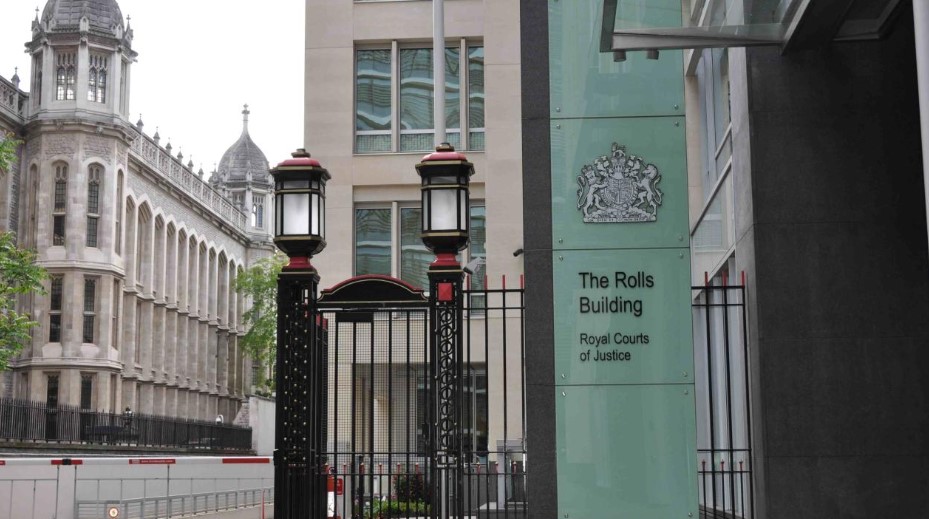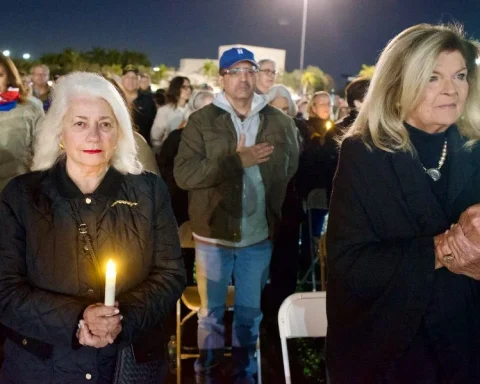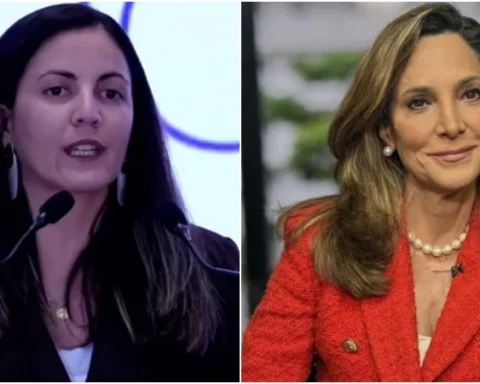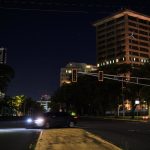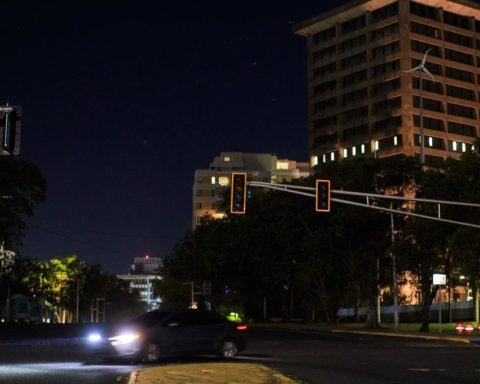MADRID, Spain.- The National Bank of Cuba (BNC) rejected this Thursday before the Court of Appeal in London the legitimacy of the investment fund CRF I Limited as its creditor to collect 72 million euros in sovereign debt, derived from loans subscribed in the 1980s.
According to the EFE agency, during the appeal – to which the regime He sent his spokesman Humberto López to cover it.— BNC argued that Judge Sara Cockerill, who in April 2023 determined that BNC had recognized CRF as a creditor in 2019, erred in validating the assignment to CRF of contractual rights over the securities of the original loans from the European banks. This assignment was signed on November 25, 2019 by former BNC COO Raúl Olivera Lozano, who is currently imprisoned in Cuba in connection with this case.
The BNC argued that the transfer was invalid because Olivera did not follow the proper internal procedures, which required certification with two signatures. CRF, for its part, disputes this argument, arguing that it was not strictly a banking transaction.
CRF, registered in 2009 in the Cayman Islands, also alleged that, even assuming Olivera had acted without authorisation, the BNC had validated the transfer in practice by responding to letters from CRF’s British legal representatives.
The BNC also argued that it had not received the necessary advance notice for the reallocation of the debt in the manner required by contract. The debt, initially contracted in 1984 with the banks Credit Lyonnais and Istituto Bancario Italiano, was later transferred to ICBC Standard Bank, the British subsidiary of the Chinese bank ICBC.
In its defence before the court, the BNC accused the CRF of trying to block Cuba from the financial markets in order to facilitate the collection of its portfolio of unpaid Cuban debt, which amounts to some 1.2 billion euros.
CRF denies being a “vulture fund” and claims to be “a responsible investor.” The fund claims it only sued the Cuban bank to encourage it to negotiate a friendly debt restructuring.
The investment fund urged the Court of Appeal to accept Cockerill’s ruling and argued that criticism of the judge’s judgment was “unfair and unfounded.”
The Cuban government, which has not previously faced a lawsuit over debt repayment, has asked the court to award the other party the costs of the lawsuit if it wins the appeal.
Victory for CRF after court ruling against BNC
In April 2023, at a hearing held at the High Court of England and Wales, Judge Sara Cockerill notified the lawyers of both parties of the judgment corresponding to the lawsuit filed by CRF I Limited against the Cuban State and the BNC.
Cockerill ruled that the British High Court had no jurisdiction to hear the case against Cuba, but did have jurisdiction over the case against BNC. “CRF has succeeded against BNC… at the same time, it has lost against Cuba,” she said in summing up her decision at a brief hearing, the agency reported. Reuters at that time.
Behind the failedDavid Charters, chairman of CRF I Limited, called the court decision “a complete victory.”
In a statement, Charters said that CRF “remains committed to finding a solution with Cuba that will not impact its budget for at least five years, recognizing the difficult economic situation facing the country.”
For the president of the financial institution, the judge’s ruling only left Cuba as a State out of the lawsuit, but not the BNC, an entity that is controlled by the island’s regime.
“The BNC was the Central Bank of Cuba and remains responsible for managing these unpaid Cuban debts,” the executive said.
“Cuba won a technical point in this trial that we have now remedied and we do not expect this issue to affect the final outcome, which is a complete victory for CRF,” Charters added.
Although Cuban state propaganda celebrated the court ruling by saying that “the Republic of Cuba is out of the case,” the judicial report on the case indicated that the case would continue against the BNC.
Follow our channel WhatsApp. Receive the information from CubaNet on your cell phone through Telegram.
